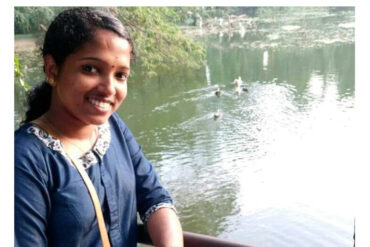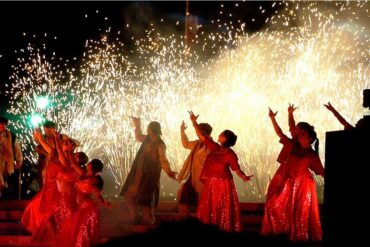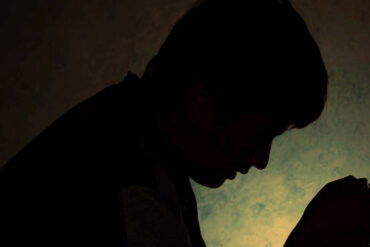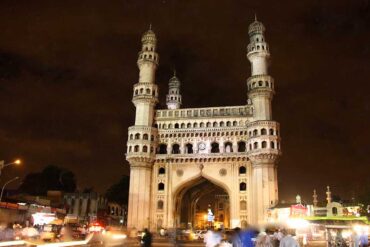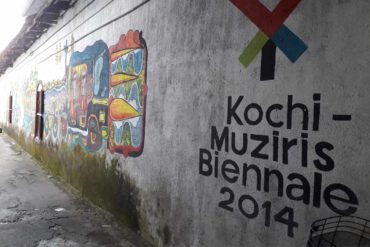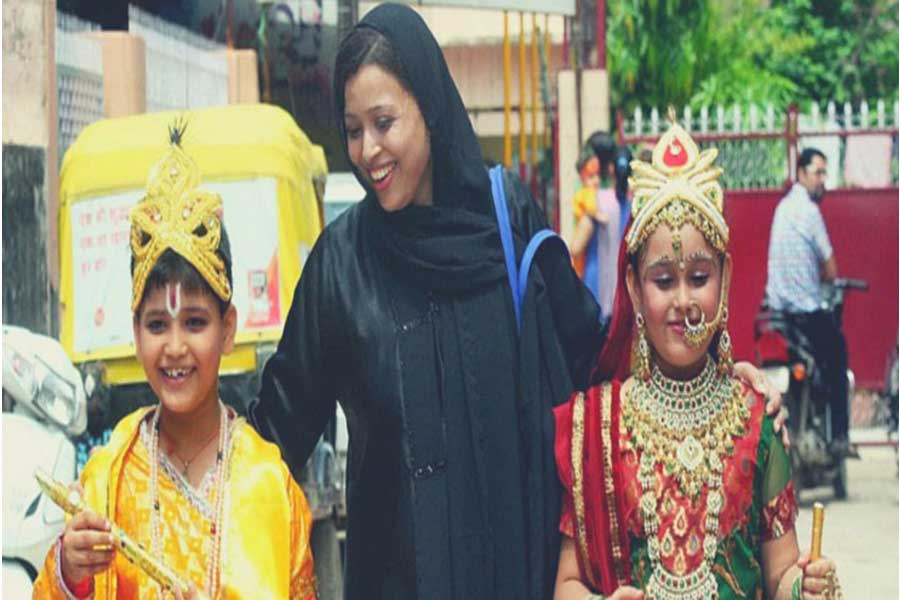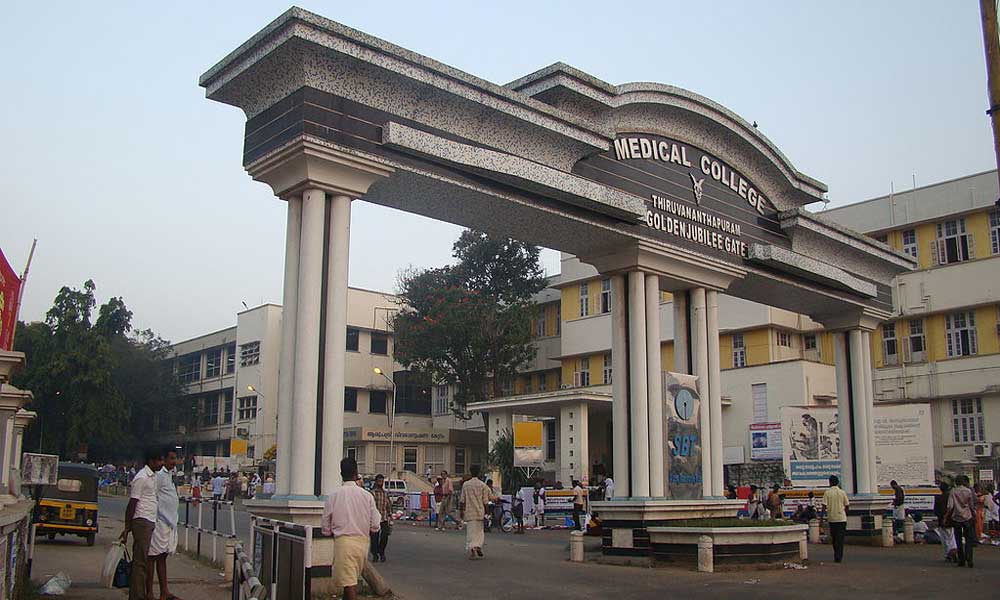Maya Angelou had famously said, It’s difficult being a woman.
And a Muslim?
Yeah, we are conscious of it now, like never before.
Looking back, it was not that bad. In fact, I grew up never feeling my Muslimiyat in a distinctively possible manner. There was no need for that. Things were normal or it did seem that way. Like they say, it was a given.
Listening to night long Ram Kathas was the norm in our locality where we were the only Muslim house in a colony full of Marathi Brahmins, another family was a Goanese Christian. Perfect Amar, Akbar Anthony-esque milieu it was. The proverbs from the Ramayana and Mahabharata had entered our common parlance.
Ram was the righteous king, Sita the model pious mother, anyone who asked elementary questions after being in the thick of things would be derided thus: Listening to the Ram Katha all night long, yet asking who Ram was?
Lakshmi, Parvati and Saraswati frequently glided off the old tongues of elderly women of the household. One would go the extent of asking her pregnant daughter-in-law to look at the image of Devi during Navratri so that a beautiful daughter could be born to her! Blasphemy? But that was how the conversations were framed in those days. That was the felicity and beauty of a syncretic society some twenty years ago.
Those were the endearing times. I have lost the count of non-Muslims who would ask us eagerly when Ramzan would start and then it would be decided during which part of Ramzan, the fast could be feasibly kept. Many non-Muslims observed fasting, as an annual pledge to be fulfilled and hoping for better health for their family. This was the norm that would rapidly decline.
Visiting Peers at the famed and small Dargah shrines spread all over rural Maharashtra is a commonplace even today. I know of Hindu families that would always start something only after “special consultation” with their patron Muslim saint. I have often seen women coming to the Imam of our mosque requesting to pray for the health of an ailing child. They would come with bottles of water and the Imam Sahib would recite some verses and, with prayers, blow on it. This holy water would then be given to the child. Those mothers had such great faith in this. It was so commonplace that no one feigned shock or felt awkward. In this casualness lay the true spirit of India.
I remember, as a very young child, flipping through our daily newspaper Inquilab, and pointing to a picture asking my father, “Abba, is this man a Hindu? I still remember the glaring look my father gave me that day. After looking at me sternly for quite a few seconds, he had retorted, “What have you got to do with his religion? Never again will you ask about someone’s religion. His work should be enough for you to recognize and respect him.”
I can still see those bespectacled shining eyes charging at me and, my ears still ring with those booming words, verbatim. And that is one lesson that I have learned and carried throughout my life. Never discriminate between people on the basis of religion. In fact, no discrimination is good discrimination. This is how we brought up our children, with no hatred for the other. Hatred breeds fear and fear incapacitates people from within.
A society that is free from fear, does not fear to experiment with the other. It is basically the social milieu of a society that is important in maintaining the harmony. People decide the fate of a society. What no law can achieve is achieved by the people of a land.
I wish to share an event from my life to illustrate how the basic social milieu prevalent in a given society, operates in real practical circumstances. My beautiful daughter Sanaa needed blood transfusion every day and in return for the red bags full of plasma we were expected to bring blood donors. There was a small akhara near Raheja hospital at Mahim where she was admitted, and they used to see us frequenting the lanes in exasperation. It was mostly Hindus who donated blood for my ailing child on her deathbed some years ago.
Voluntarily they would come forward to donate blood for my dying child. Blood doesn’t discriminate, diseases attack without discrimination. The raging blood in the veins is that of a human, not of a Hindu not of a Muslim. But perhaps here we are competing with Ghalib who insisted on it being shed from our very eyes, for its verification today as well, we want to see the bloody tears being shed but, from the eyes of the others.
I understand things are a changing. The household helps who had worked with me years ago now shun us collectively. My yoga teacher now attends the shakha’s women’s wing on Sundays. Neighbors are not so open in their conversations now, or keep suitably muted. The only thing that excites them to start a conversation is to bring up Taliban being cruel to women, an indirect way to confront Islam. I hear you, but the comparison is wrong, My straightforward answers are received with sniggering smiles.
My day begins with beautiful Preeti’s Good Morning text on the phone, a friend whom I met briefly at Agra. I step outside my home with a salutation for the thin Brahmin lady, busy sweeping her courtyard. We have celebrated and mourned together. Almost 99 percent of our Eid guests are non-Muslims. Their presence on each of our two Eids makes it memorable.
My student Vicky, from the MA class, at the farewell, pledged never to think on communal lines, clearing his doubts about Muslims. It was a happy day for me to hear his words. Our trainer-teacher from Pune, Sachin, kept his first fast this year, just to show solidarity with his Muslim students.
Things are either static or have changed; nobody is sure. Elections are won or lost. But to save the soul of India, we need that wonderful prism reflecting the real, myriad hues of Beautiful Bharatvarsh, be brought back to the table.
Yeh Hindostan hamara. Hum sab ka!

